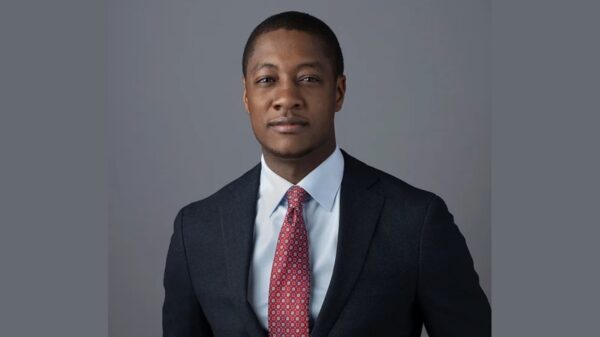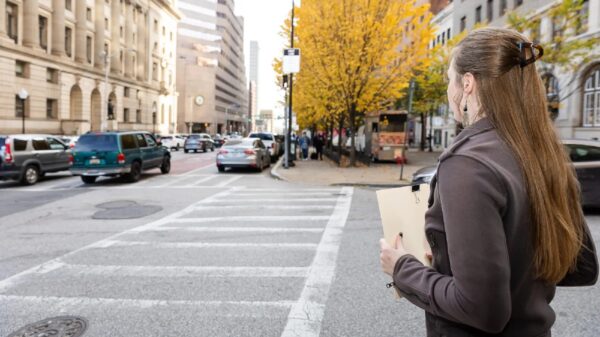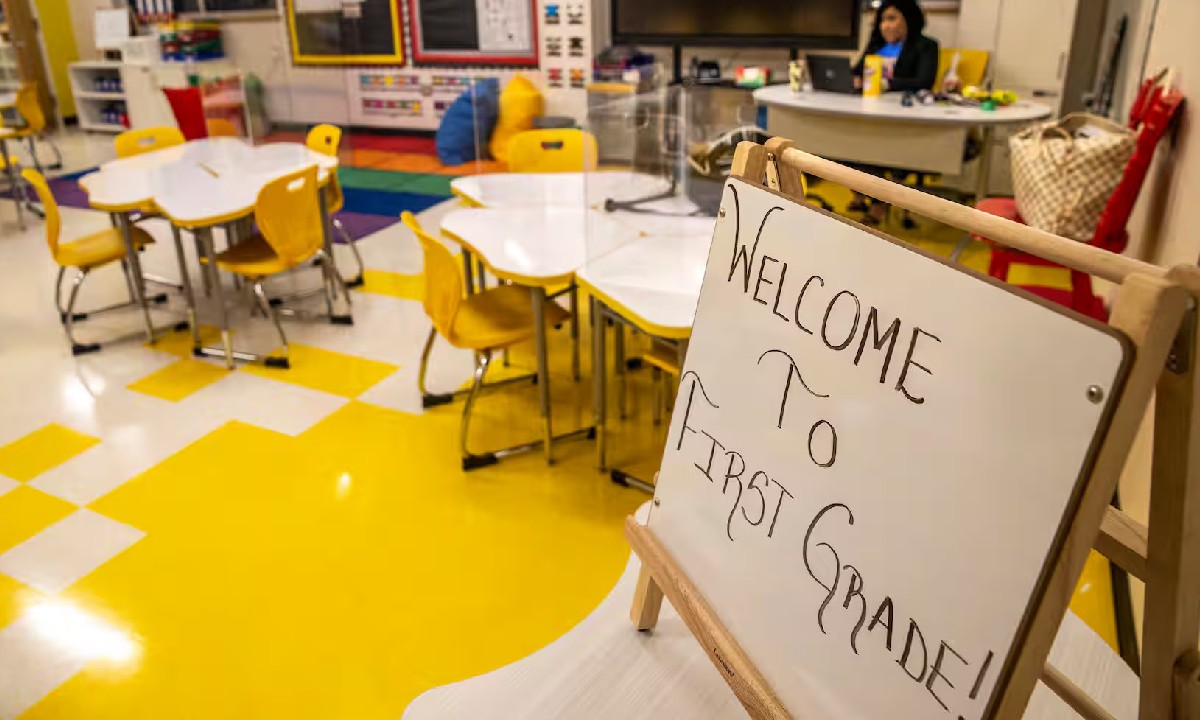By Manuel Mendoza

Before the pandemic, Bishop Arts Theatre Center flew largely under the radar. Then, two years ago, it received a $150,000 American Rescue Plan grant from the National Endowment for the Arts. The award was one of only four to North Texas groups, tied for largest with the Dallas Symphony Orchestra’s. Other big names, like Dallas Theater Center, got nothing.
“A lot of people didn’t know the strength of our organization until we got that NEA grant,” says Teresa Coleman Wash, the center’s founder and executive artistic director. “Our profile was elevated and the artistic community started looking at our organization differently.”
Wash had been building to that moment for 20 years, since moving to Dallas from Atlanta, before her group even had a permanent home. Its latest venture is a third annual banned books festival opening at the end of the month.
This year’s festival is built around Heather McGhee’s The Sum of Us: What Racism Costs Everyone and How We Can Prosper Together. As with the first two editions, the center commissioned writers to create short one-act plays based on themes from the book. Topics include factory unionization, arranged marriage, the justice and banking systems, and sorority culture.
The festival is just one of the successful outcomes of Wash’s approach, which she says was sparked during an earlier crisis, the financial meltdown. “We started that work of building a sustainable organization back in 2008.”
Three years earlier, operating as TeCo Theatrical Productions, which she had started in Atlanta in 1993 and brought with her to Dallas in 2000, her company had been given a former silent-movie theater on South Tyler Street in Oak Cliff. Renovations had just been completed.
One of Wash’s first decisions was to name the building Bishop Arts Theatre Center despite its actual location. “We took the liberty of extending the Bishop Arts District six blocks over,” she says. “That was very much a strategic move.”

A former playwright with a master’s degree in arts administration, Wash cites a 2009 symposium given by then-Kennedy Center president Michael Kaiser at the Latino Cultural Center as key to her decision-making. One of his messages, she says, was to listen to your community and fulfill its needs.
“We had this shiny new building and no money because all of the attention and resources were being directed to the Dallas Arts District,” Wash says. “So my board members and I came back to the theater, we held focus group meetings, we asked the community what are we doing that you’d like to see us do more of and what are we not doing that you’d like to see us implement.
“It turns out parents wanted somewhere for the kids to be during after-school hours and summer months. The neighborhood wanted a jazz series. And local artists wanted somewhere to hone their craft.”
All of which Bishop Arts Theatre Center has since accomplished.
“That period when we were sheltered in place,” she says, referring to the 2020 lockdowns, “I would come to the theater to check the mail. And every week we got multiple checks from community members saying, ‘I see how you’re taking care of us. Here’s $1,000. Here’s $500. Here’s $5,000.’ ”

Part of the fundraising went to starting a playwright-in-residence program that has already borne fruit. Last year, the first recipient, Franky D. Gonzalez, adapted Shakespeare’s The Tragedy of Othello to the locker room of a football team and cast Dallas actor-singer Denise Lee in the role of head coach. It was a revelation.
Wash remembers Warren Tranquada, president and CEO of the AT&T Performing Center, making a $250 donation after seeing Othello and calling to invite her to lunch.
“There have been so many ripple effects from folks who saw that show,” she says. “What I do now more so than anything else, is create opportunities for other artists. And the theater is so much better off because of it.”

Another part of Bishop Arts Theatre Center’s trajectory is a series of collaborations with other local troupes, starting with Fort Worth’s Jubilee Theatre. Last season, it co-produced the Pulitzer-Prize-winning Fairview with Undermain Theatre. And in May it will mount the one-woman show Fannie: The Music and Life of Fannie Lou Hamer in collaboration with Dallas Theater Center, starring DTC company member Liz Mikel.
“The fact that we were really listening to our community, being nimble, not growing too fast, putting systems in place, cultivating relationships outside of Dallas — I think all of that served us well,” Wash says.
The center’s annual festival started as a new play competition and evolved to emphasize gay pride and LGBTQ issues. Then, during COVID, it was suggested to Wash by colleagues at Carnegie Mellon University that she reinvent the festival around banned books.
George Floyd had been murdered, Black Lives Matter was on the rise and a backlash had begun, including the censorship of books. It was a natural step for the center, which already had relationships with local playwrights and actors.

In 2022, the first banned books festival was based on Ibram X. Kendi’s How to Be an Antiracist, followed last year by Nikole Hannah-Jones’ The 1619 Project.
Wash had already worked on issues surrounding racial healing with Sum of Us author McGhee’s mother, Dr. Gail Christopher, when the book was suggested by festival sponsor Dallas Truth, Racial Healing and Transformation. One of the outcomes of the festival, Wash says, is that white audiences began showing up at the center.
“People were leaning into conversations, really hard conversations in ways that we had not seen before. What that said to me was that our community is ready to listen to each other differently. The arts do a beautiful job of creating a space where people could ask a dumb question and not be ostracized. I feel like that’s what this banned books festival is about more than anything else.”

But is she not preaching to the choir?
“Racism impacts all of us, whether we know it or not,” Wash says, echoing the main point of The Sum of Us. “People experience these effects when they take their children to school, apply for jobs, rent or buy a home, visit a doctor, try to access healthy food, interact with the police and more. This notion that we have to take away from one group of people to give to the other, it’s really a false narrative. That’s a huge paradigm shift because we’ve been taught differently.”
To that end, this year’s festival includes playwrights who are Black (Alex Lead, Rickey Wax), Latinx (Olivia de Guzman, Roger Calderon and Amphibian Stage artistic director Kathleen Culebro) and Asian (Shyama Nithiananda). The production is directed by Becki McDonald, who is Black.

McGhee and Christopher are attending the festival March 15-16 and will participate in post-show conversations. McGhee will sign books. Community leaders will lead talkbacks at other performances.
“I’m excited that we’ve created a platform for marginalized voices to tell their stories,” Wash says. “That’s what I love about all of the plays. They are a personal retelling of lived experiences.”
Details
The Sum of Us One-Act Festival runs Feb. 29-March 17 at 215 S. Tyler St. $18-$55. bishopartstheatre.org.
This story, originally published in The Dallas Morning News, is reprinted as part of a collaborative partnership between The Dallas Morning News and Texas Metro News. The partnership seeks to boost coverage of Dallas’ communities of color, particularly in southern Dallas.








You must be logged in to post a comment Login